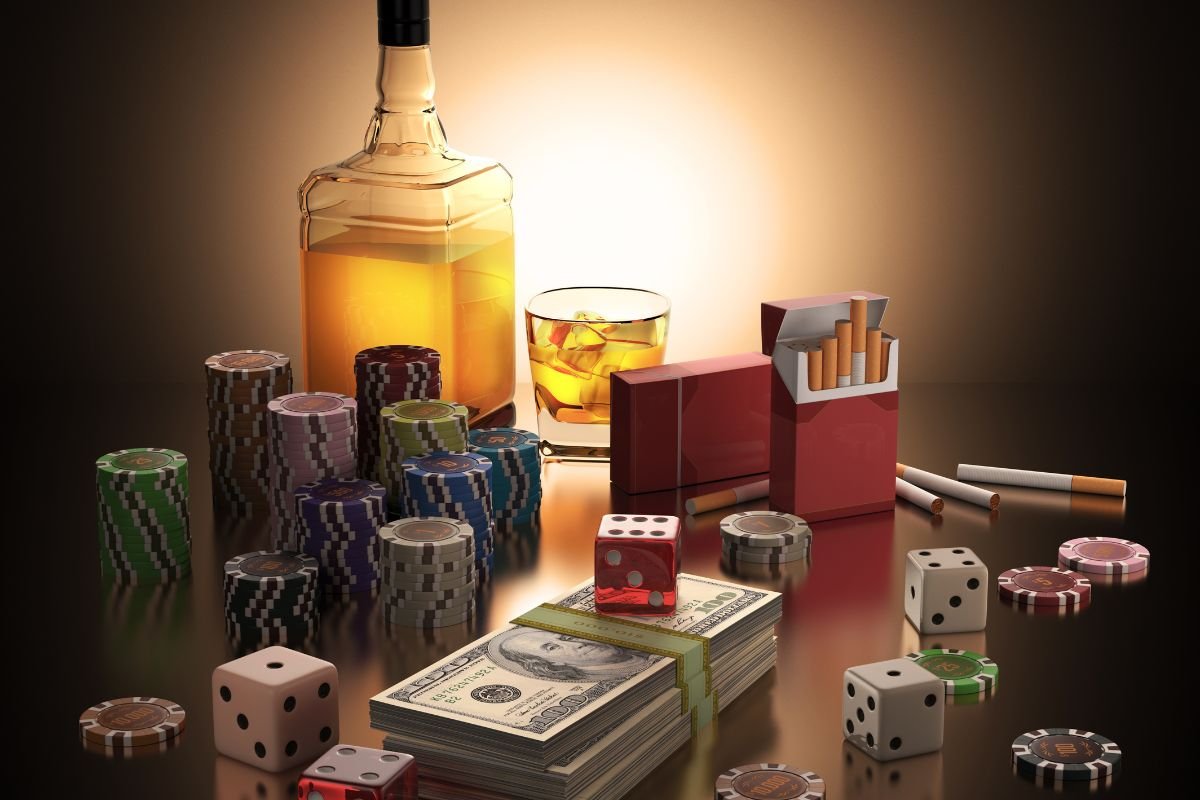You have taken a big step by acknowledging that you might have an addiction. It is a tough realization, but it’s also the first step towards a healthier life. Now, you are probably wondering, “Can I kick this on my own?”
The question of whether you can recover from addiction on your own is a very common one. Many people who are struggling with substance abuse or behavioral addiction come up with the same question: Can they overcome their problems without professional help? Although the answer could be a yes, professional treatment centers like Silver Lining Recovery provide a structured way to come out of the situation and live a happy life in the long run. But if you think you can do it by yourself, it’s important to understand the challenges involved and the benefits that professional care can offer.
Addiction’s Grip on Your Brain
Addiction is often described as a brain disease for good reason. When trying to recover from addiction on your own, the brain undergoes changes in both structure and function, as the reward system, which typically motivates us by making pleasurable activities feel good, becomes hijacked by the addictive substance or behavior. It can cause intense cravings and a preoccupation with using substances, even when you know there will be negative consequences. The frontal cortex, responsible for decision-making and impulse control, is also compromised, which makes it more difficult to resist urges.
These neurological changes make quitting on your own difficult. It feels like trying to overcome the urge when the very circuits in your brain that regulate reasoning and self-control are weak. This is why professional addiction treatment programs have evidence-based therapies to address these underlying changes.
The Benefits of Professional Support Systems

Addiction works differently for everyone, and while some people may recover from addiction on your own, it is often safer and more successful with a supportive team by your side. Addiction treatment programs offer a structured environment with professionals who understand the complexities of addiction. They can better guide you through your recovery journey. You can connect with support groups where you will find others who are walking similar paths. Sharing your struggles and accomplishments with people who understand can be very motivating and empowering.
Some other benefits of professional treatment are:
- Medical Detox: If you are addicted to a substance that causes dangerous withdrawal symptoms, medical detox can help you safely and comfortably withdraw from the substance.
- Therapy: Addiction can come from deeper issues like trauma or mental health disorders. Therapists help you address these underlying causes and develop healthy coping mechanisms.
- Relapse Prevention: Recovery is not a smooth journey. There can be relapses at some point. But it should not derail your progress. A professional support system helps you identify triggers, manage cravings, and bounce back from setbacks.
When Self-Help Might Be an Option?

If your addiction is comparably mild and you have a strong support system, you may be able to recover on your own. But make sure you are being honest with yourself about how severe your problem is. You must have the necessary resources to recover. If you don’t have the support you need, you should consider getting professional help.
If you live in a rural area or cannot afford professional treatment, self-help may be your only option. However, there are many online resources available from which you can get help. You can even find online community support. If you have realized that it’s time to recover and get back to your happy life, then everything is possible.
When to Get Professional Help?
When you are recovering from addiction on your own, there are possibilities that you may struggle with the withdrawal symptoms or developing coping mechanisms. If you are struggling to maintain sobriety by yourself, you must seek professional help. Here are some signs that you may need additional help:
- Frequent cravings or urges
- Difficulty managing stress or anxiety
- Recurring negative thoughts or feelings
- Isolation or withdrawal from loved ones
- Engaging in risky behaviors
Wrapping Up: So, Can You Do It Alone?

While technically challenging, it is possible in rare cases to recover from addiction on your own when enough willpower and resources are available. However, recovery is typically more successful with professional help, as addiction is a serious issue. Seeking support increases your chances of lasting recovery and should be seen not as a weakness but as a sign of strength.


















